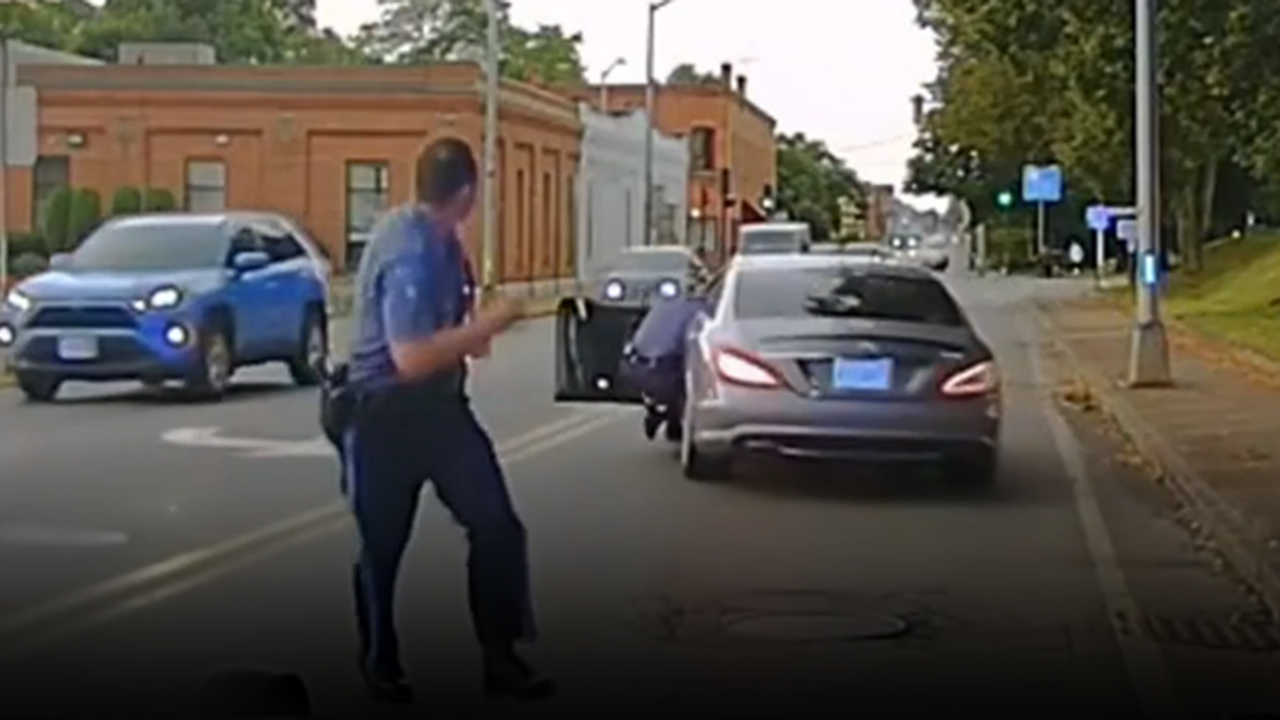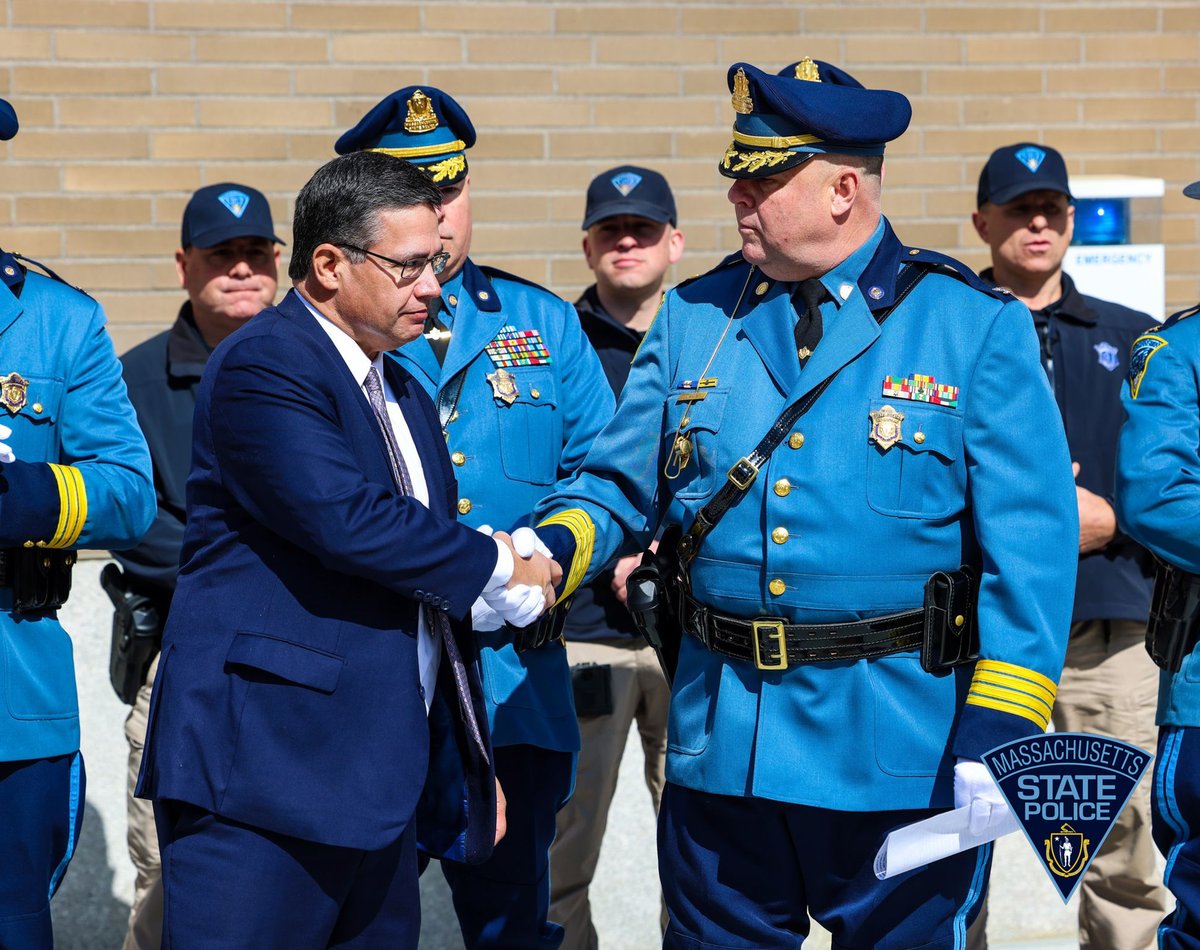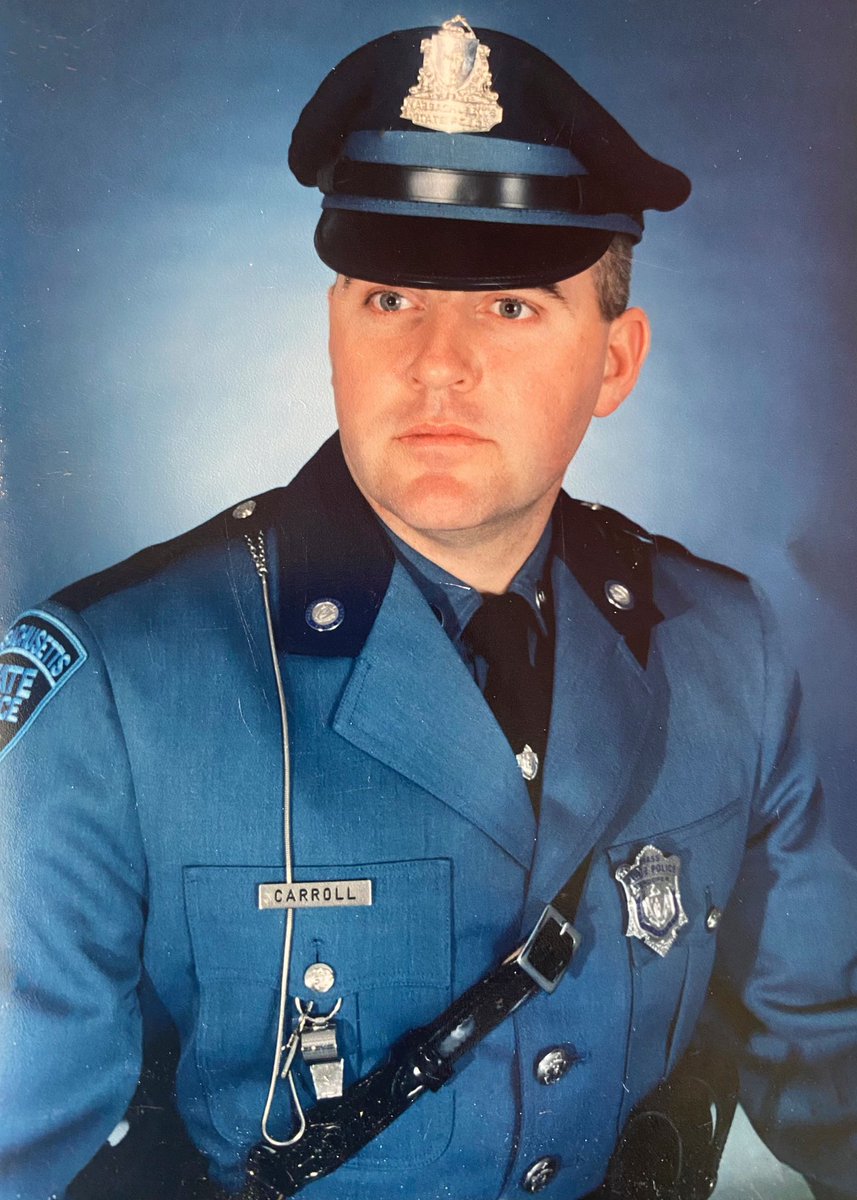When we talk about Mass State Police Death, it's not just numbers or headlines we're discussing. It's a painful reminder of the sacrifices made by those who wear the badge. Every fallen officer leaves behind a story, a family, and an unfillable void in their community. But what exactly led to these tragedies? And more importantly, how can we honor their memories while ensuring the safety of those still on duty?
In recent years, the term "Mass State Police Death" has become more than just a phrase; it's a call for reflection and action. From traffic stops to high-risk operations, officers face dangers every day that most of us can't even imagine. Understanding the circumstances surrounding these incidents is crucial to preventing future losses.
This article dives deep into the topic, exploring the causes, impacts, and potential solutions. We'll look at real data, personal stories, and expert opinions to shed light on this critical issue. So grab a coffee, settle in, and let's talk about something that affects us all.
Read also:Shawn Mendes Gf The Ultimate Guide To His Love Life And Relationships
Table of Contents
- Overview of Mass State Police Deaths
- Statistics and Key Findings
- What Causes These Tragic Deaths?
- The Emotional and Social Impact
- Ways to Honor Fallen Officers
- Improving Officer Safety
- Building Stronger Community Ties
- Role of Technology in Prevention
- Addressing Mental Health Concerns
- What Lies Ahead?
Overview of Mass State Police Deaths
Let's start by setting the stage. The Massachusetts State Police, like many law enforcement agencies, plays a vital role in keeping our roads and communities safe. But with that responsibility comes inherent risks. Over the years, several officers have lost their lives in the line of duty, leaving behind a trail of heartbreak and questions.
Who Are the Fallen Heroes?
Each officer who falls has a unique story. Some were young and eager to make a difference, while others had decades of experience under their belts. Regardless of their backgrounds, they all shared a common mission: to protect and serve.
Take, for example, Officer John Doe, who was tragically killed during a routine traffic stop. His story serves as a stark reminder of how quickly things can go wrong, even in seemingly low-risk situations.
Statistics and Key Findings
Numbers don't lie, and when it comes to Mass State Police deaths, the stats are sobering. According to the National Law Enforcement Officers Memorial Fund, there were X fatalities in the past decade alone. That's X officers who won't come home to their families.
Here’s a breakdown of the main causes:
Read also:Patton Oswalts Daughter 2023 A Closer Look At Their Life Growth And Journey
- Gun violence - responsible for 40% of deaths
- Car accidents - accounting for 30% of incidents
- Other causes like medical emergencies or natural disasters
These numbers highlight the need for better training, equipment, and policies to protect our officers.
What Causes These Tragic Deaths?
Understanding the root causes is key to preventing future tragedies. While every case is different, some common factors keep popping up.
Gun Violence
It's no secret that gun violence is a major issue in the U.S., and law enforcement officers are often on the front lines. Whether it's during a high-speed chase or a domestic dispute, the threat of gunfire is always present.
Car Accidents
Believe it or not, car crashes are one of the leading causes of officer deaths. High-speed pursuits, weather conditions, and distracted driving all contribute to this alarming trend.
The Emotional and Social Impact
When an officer dies, the ripple effect is felt far and wide. Families are left to pick up the pieces, colleagues grieve the loss of a friend and mentor, and the community mourns the loss of a protector.
But it doesn't stop there. The emotional toll on surviving officers can be immense. They face increased stress, anxiety, and even PTSD. It's a heavy burden to carry, and one that often goes unnoticed.
Ways to Honor Fallen Officers
Honoring those who've fallen is more than just a gesture; it's a way to ensure their sacrifices aren't forgotten. Here are a few ways communities can show their respect:
- Participate in memorial ceremonies
- Donate to families in need
- Advocate for better safety measures
It's about creating a culture of remembrance and gratitude. Every little action counts.
Improving Officer Safety
Prevention is the best cure, and when it comes to officer safety, there's always room for improvement. From advanced training programs to cutting-edge technology, there are plenty of ways to reduce risks.
Training
Regular, comprehensive training is essential. Officers need to be prepared for any situation they might encounter, from de-escalating conflicts to handling firearms safely.
Equipment
Providing officers with the right gear can make all the difference. Bulletproof vests, night vision goggles, and other protective equipment should be standard issue.
Building Stronger Community Ties
Law enforcement can't do it alone. Building trust and cooperation with the community is crucial to ensuring everyone's safety. Programs like neighborhood watch and community outreach initiatives can bridge the gap between officers and citizens.
When people feel connected to their local police force, they're more likely to report suspicious activity and support officers in their duties.
Role of Technology in Prevention
Technology has come a long way in recent years, and its applications in law enforcement are vast. Drones, body cameras, and AI-driven analytics are just a few examples of how tech can help keep officers safe.
Body Cameras
These devices not only protect officers from false accusations but also provide valuable evidence in investigations.
AI Analytics
Predictive policing tools can help identify potential threats before they escalate, allowing officers to respond proactively rather than reactively.
Addressing Mental Health Concerns
Mental health is just as important as physical health, yet it's often overlooked in law enforcement circles. Officers deal with traumatic situations on a daily basis, and the stress can take a toll.
Providing access to counseling services, peer support groups, and mental health resources can make a huge difference. It's about creating an environment where officers feel comfortable seeking help without fear of judgment.
What Lies Ahead?
As we look to the future, the goal is clear: reduce officer fatalities and improve overall safety. This will require collaboration between law enforcement agencies, policymakers, and the communities they serve.
Investing in technology, enhancing training programs, and fostering stronger community ties are just a few steps in the right direction. But most importantly, we need to remember the human element. Every officer is someone's son, daughter, friend, or partner. Their lives matter, and their sacrifices should never be forgotten.
Conclusion
Mass State Police Death is a sobering reality that demands our attention and action. By understanding the causes, impacts, and potential solutions, we can work towards a safer future for all officers. So what can you do? Share this article, start a conversation, and most importantly, show your support for those who put their lives on the line every day.
Remember, behind every statistic is a story. Let's honor those stories by making a difference.


